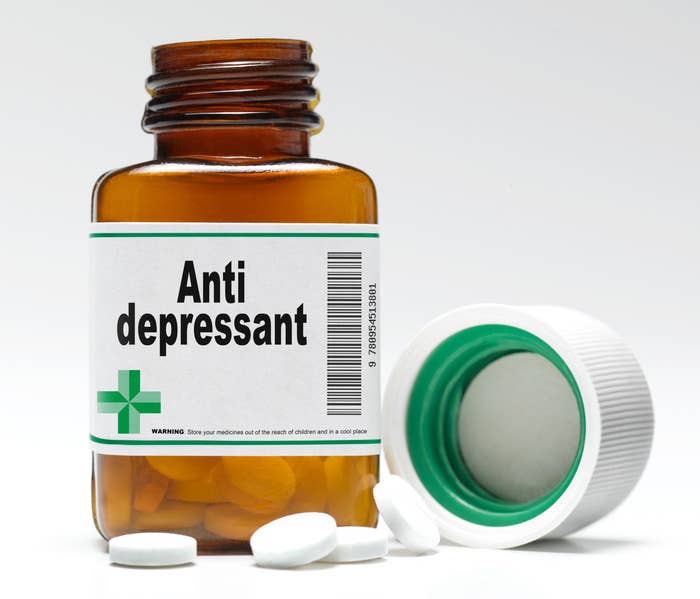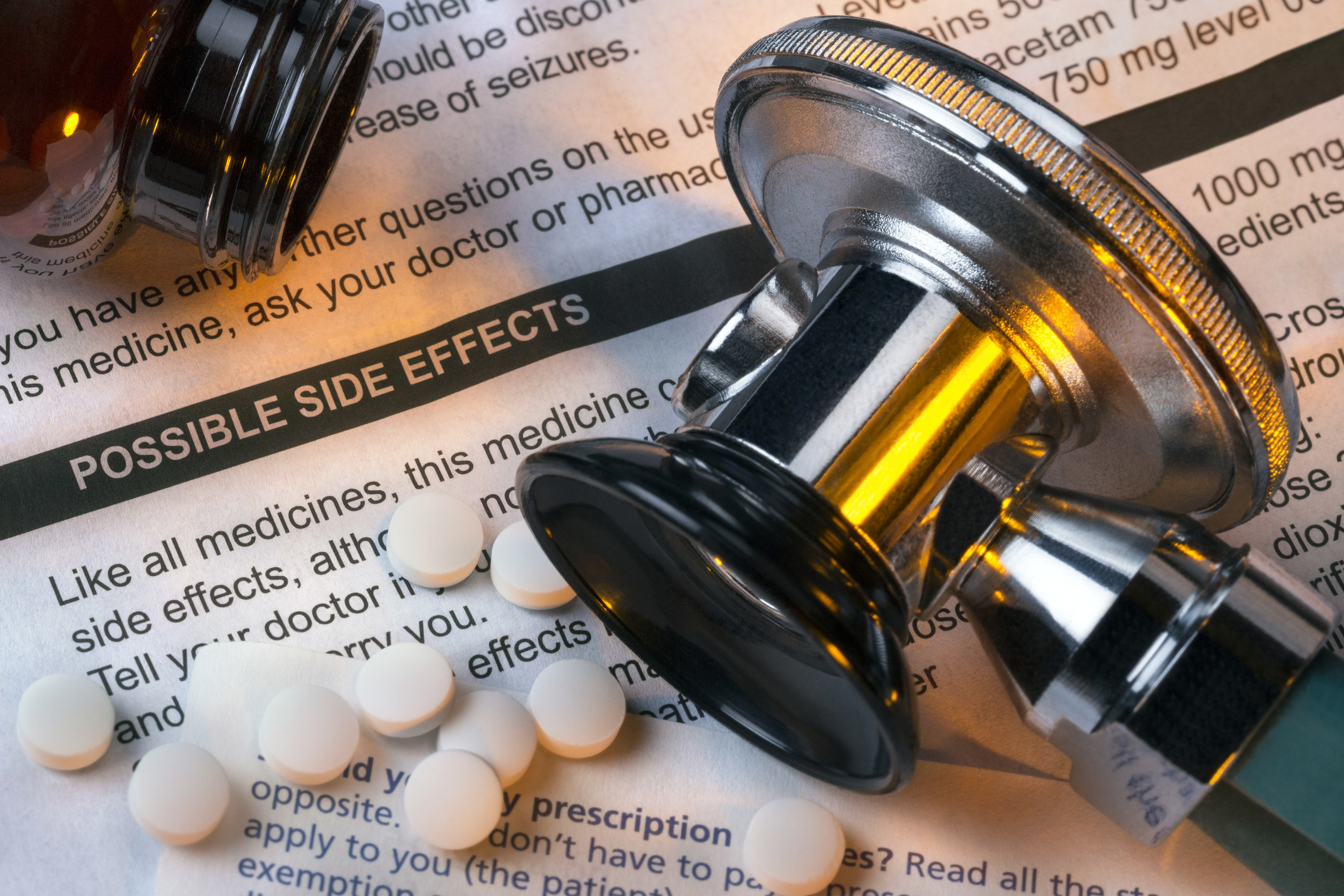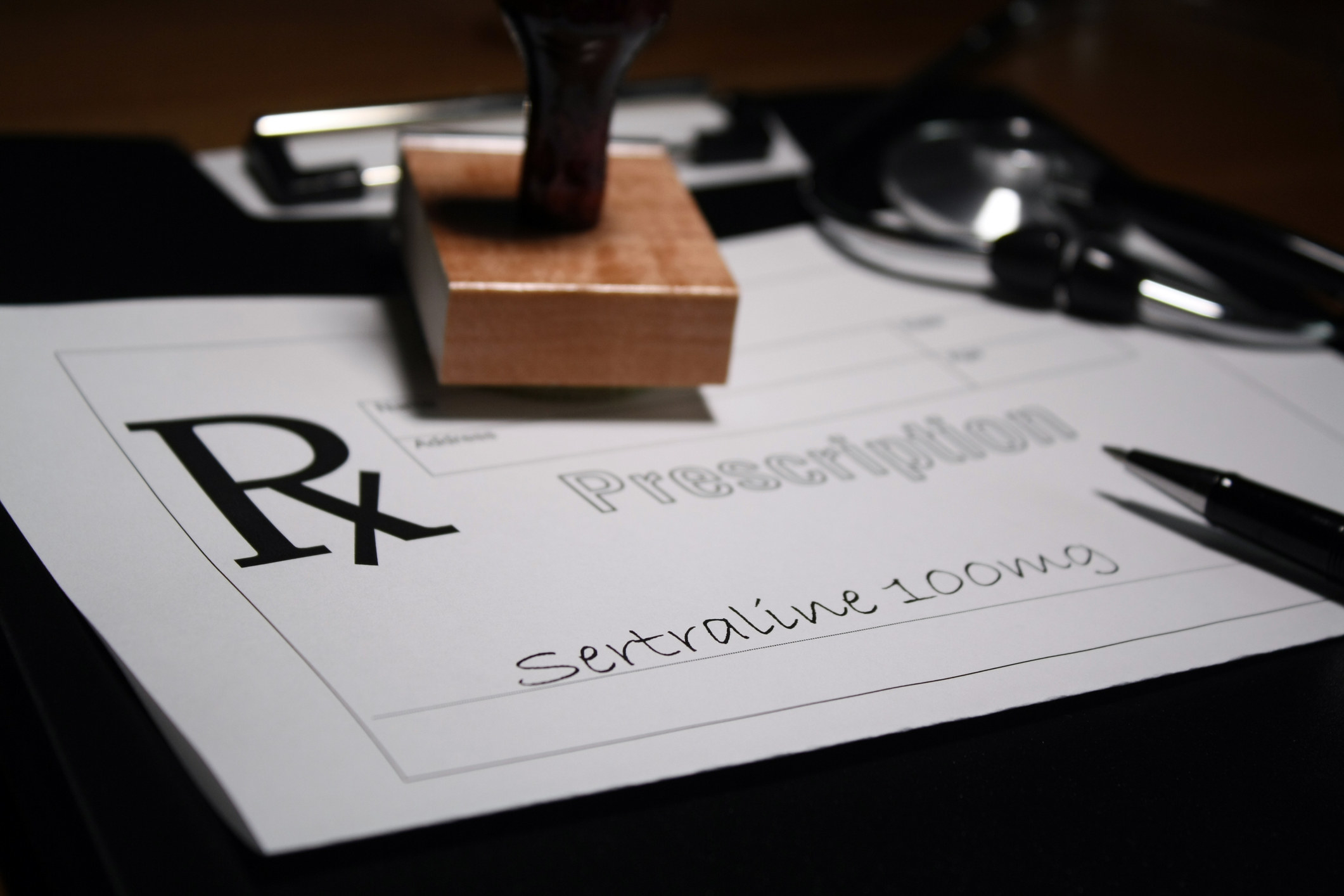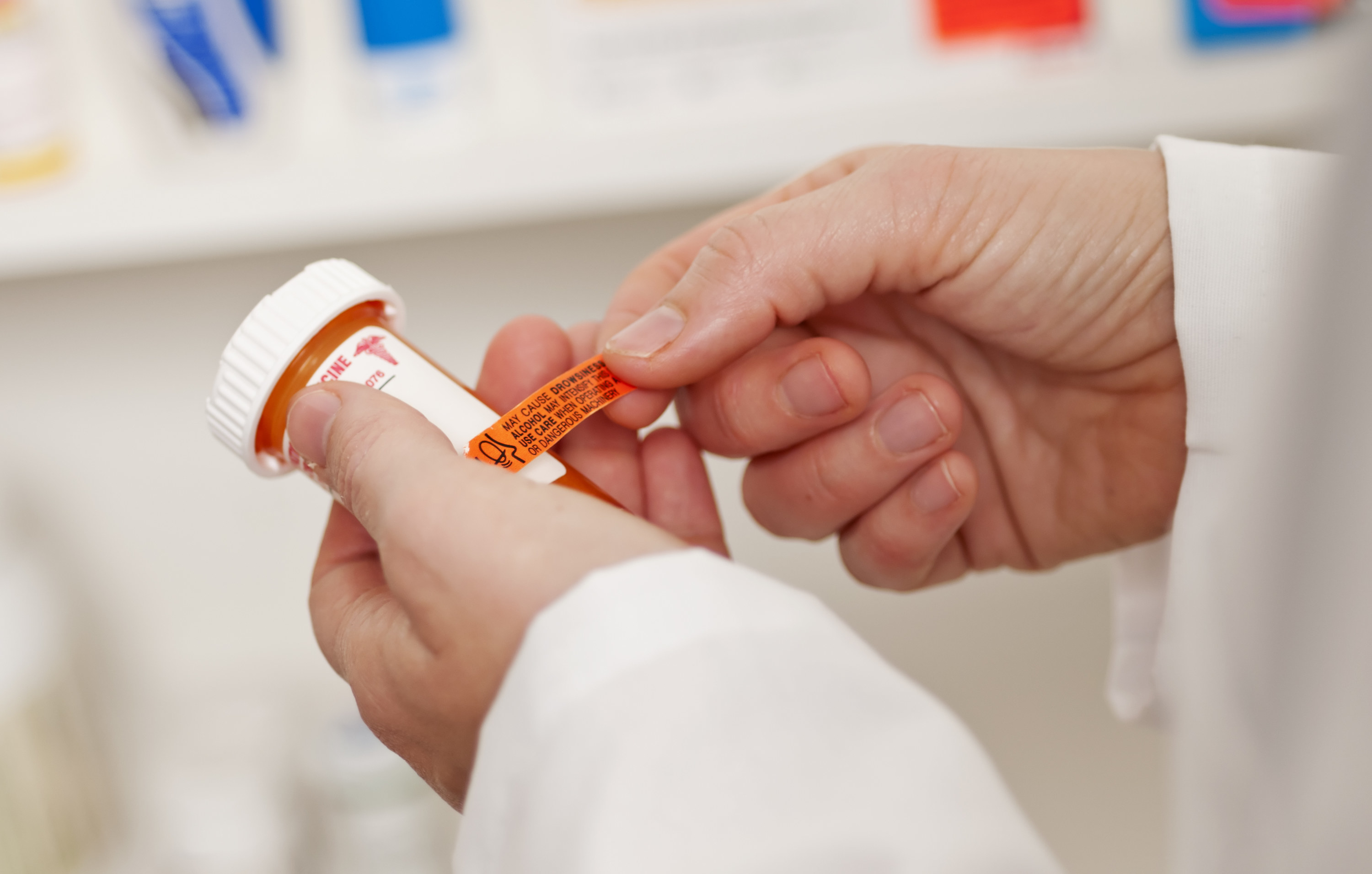A while back, a woman on TikTok said that her husband started turning blue after taking the antidepressant Prozac. The viral video — which has since been deleted — accumulated millions of views, and it was widely shared beyond TikTok on places like YouTube, etc. We were unable to get in touch with the couple, but according to this video, the man was healthy and doctors did not know why he started having hyperpigmentation issues after taking the medication. We found other people who shared their experience with skin discoloration after taking the medication as well:

So, as we close out mental health awareness month, we decided to talk to a doctor to learn more. BuzzFeed spoke to Dr. Daniel G. Amen, MD, who has been an adult and child psychiatrist for over 40 years. He is the founder of Amen Clinics, BrainMD,, and Amen University.

Dr. Amen said that Prozac (also called fluoxetine) is a selective serotonin reuptake inhibitor (SSRI) that is commonly prescribed to treat depression. "It is also used to treat obsessive-compulsive disorder (OCD), panic disorder, and bulimia nervosa."

Prozac was the first SSRI that was approved by the FDA in 1987. "Since the launch of Prozac, antidepressant use in the US has increased 400%, and more than one in 10 Americans now takes one, according to the CDC," Dr. Amen said.
Dr. Amen added, "I have found that SSRIs like Prozac can be beneficial for a specific type of depression that I call 'over-focused depression.' This type of depression involves a region of the brain called the anterior cingulate gyrus (ACG), where serotonin receptors are plentiful. Think of the ACG like a gear shifter that helps you go from thought to thought or from one action to another. When there is too much activity here, it is associated with low levels of serotonin in the brain, and people tend to be depressed, over-focused, worried, rigid thinkers, inflexible, argumentative, oppositional, and hold grudges. Increasing serotonin can help calm overactivity in the brain."
However, like many prescription medications, Prozac comes with side effects. In his experience, Dr. Amen said the most common among his patients are weight gain and sexual problems.

However, when it comes to turning blue or experiencing hyperpigmentation issues as a side effect of Prozac, Dr. Amen said there have not been any reported cases for Prozac specifically, but there are two documented cases with the use of Zoloft (also known as sertraline), which is another SSRI used to treat depression. "A 2014 case study published in BMJP described a woman who took Zoloft and subsequently experienced darkening of the skin. In her case, stopping the medication did not reverse the condition. This appears to be a very rare side effect, and the journal noted one other previous known case of hyperpigmentation."

Dr. Amen also shared that there are thousands of lawsuits claiming that Prozac and other psychiatric medications increase violent or suicidal behavior. "Virtually all antidepressants have black box warnings, which means the FDA cautions patients in the strongest terms to pay close attention to potentially extremely harmful or dangerous threats to their health. In some cases, once you start taking antidepressants, they can be hard to stop."

